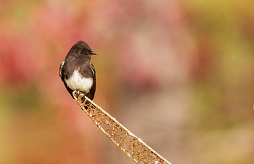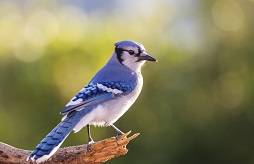.jpg)
8 Reasons to Celebrate World Habitat Day
We're privileged to manage a diverse forest that includes healthy habitat for wildlife. World Habitat Day is an opportunity to share what we are caring for in the woods and thank the partners who help us study and conserve habitat.
Great Partners Helping to Conserve Habitat
This year we announced the donation of $1million to the Nature Conservancy of Canada (NCC)’s Landmark Campaign. A portion of the donation will be allotted to conserving more habitat for wildlife. As long-time supporters, J.D. Irving, Limited has entrusted thousands of acres to NCC for conservation, including approximately 9,000 acres (3,640 hectares) of ecologically significant land in southwest Nova Scotia and a property at the Musquash Estuary, near Saint John, New Brunswick.
Songbirds calling JDI owned lands home
The Olive-sided Flycatcher has the longest migration of any North American flycatcher; birds nesting in Alaska may winter as far south as Bolivia. Many spend their summers in northern New Brunswick. We conserve their nesting sites around forest openings and edges near natural meadows, wetlands, and rivers. These birds are a part of a songbird research project in partnership with Natural Resources Canada, Carleton University and Environment and Climate Change Canada. One of 95 bird species captured on over 500 hours of audio recordings in our northern NB forests.
Protecting Species at Risk
Environment and Climate Change Canada is looking to refine best practices as well as protect critical turtle habitats.

Since 2012, JDI Woodlands have been partnered with Dr. Mike Jones from the University of Massachusetts to study wood turtles on our landbase. The most recent study, "Population Dynamics and Landscape Ecology of Wood Turtles in the St. John River Basin", is a 10-year collaboration based on our land in Western Maine.
Ducks Unlimited
Wetlands are home to fish, birds and more, making them a vital part of the environment. JDI has partnered with Ducks Unlimited Canada (DUC) in New Brunswick and Nova Scotia. JDI has 34 conservation habitat sites in partnership with DUC.
“To make real progress in conservation, Ducks Unlimited Canada puts significant focus on partnerships with both government and the private sector. We are very pleased to work with JDI, an industry leader in the forest sector to enhance the habitat value of the forests in New Brunswick and Nova Scotia,” says Tom Duffy, Manager of Atlantic Operations for DUC.
Protecting the Last Fully Functioning Estuary on the Bay of Fundy
Estuaries offer an extraordinarily diverse number of habitat types, including salt marshes, mudflats, forested uplands, bogs and cobble beaches. Efforts of dedicated volunteers and environmental groups to protect the Musquash Estuary in New Brunswick received a boost when JDI donated 163 hectares (403 acres) of ecologically significant land. The area is the last fully functioning estuary in the Bay of Fundy.
85 percent of the salt marshes originally found in the Bay of Fundy have been lost to development, being able to protect the estuary in its natural state is extremely important for the creatures that use it as a habitat.
Unique Areas Program
JDI's voluntary and award-winning Unique Areas program has grown from 29 sites in the 1980s to over 1560 sites to date on the lands we own and manage in New Brunswick, Nova Scotia and Maine. Sites are broken down into 10 groups, including Birds and Mammals, fish and reptiles and invertebrates. To learn more about our conservation, click here.
Protecting Cold Water Habitat for Wild Atlantic Salmon
Earlier this year, a study led by Antóin O’Sullivan, a PhD student at the University of New Brunswick, was published on the complex interactions between landscape features, geomorphology, geology, and vegetation - that create vital cold-water habitat for wild Atlantic salmon. This is especially important as rivers and certain wetlands are forecasted to warm with climate change. Read full article here
Questions about our Healthy Forest Approach? Read the FAQ.
(1).png?n=7605)

.jpg)


.jpg)




.jpg)




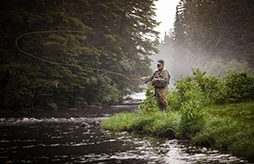








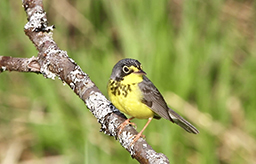







_small.jpg)
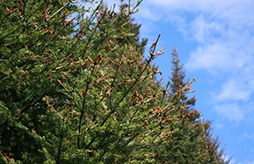
.jpg)
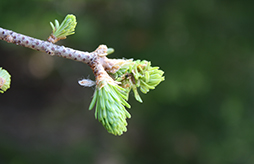
.jpg)

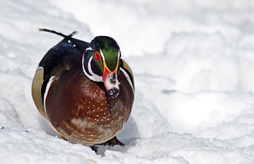




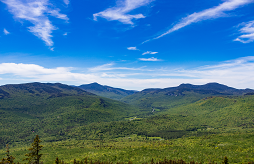


.jpg?n=6166)
.jpg)


